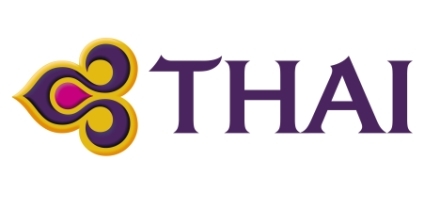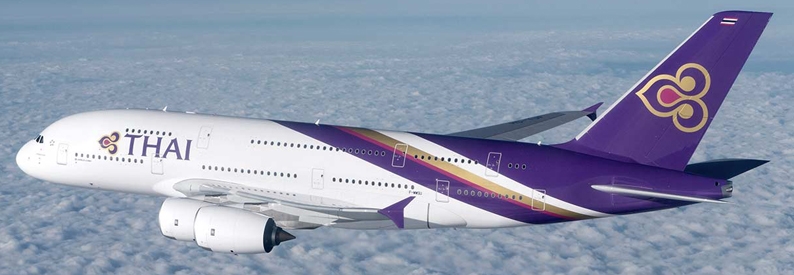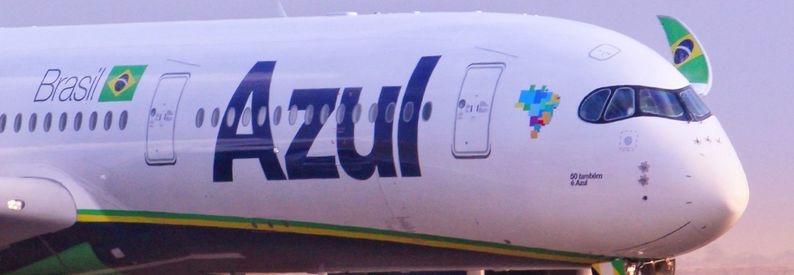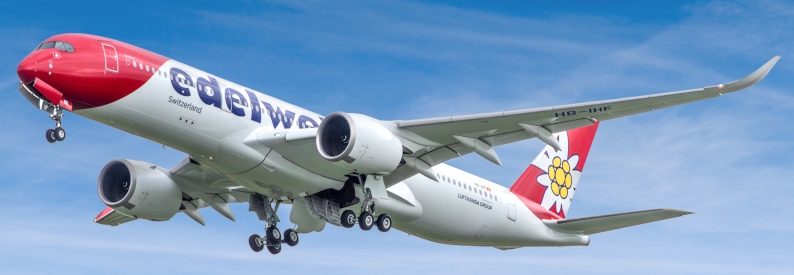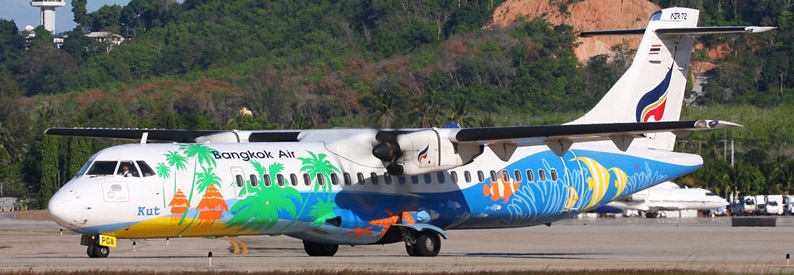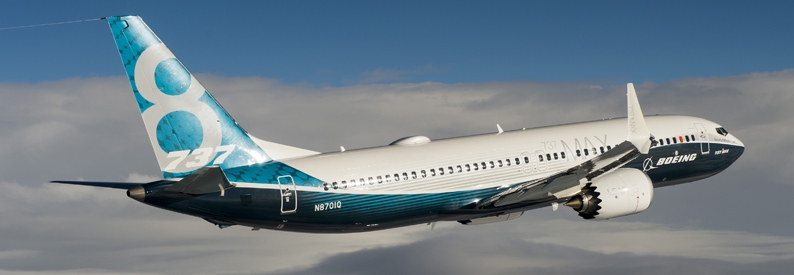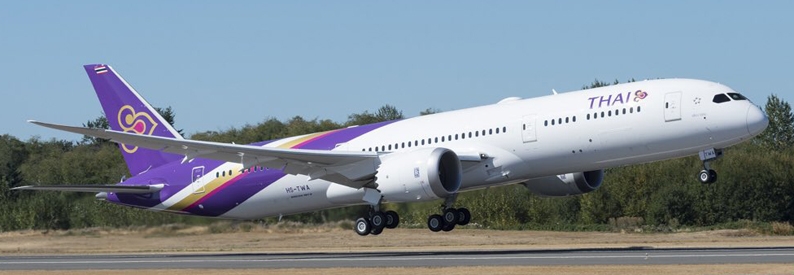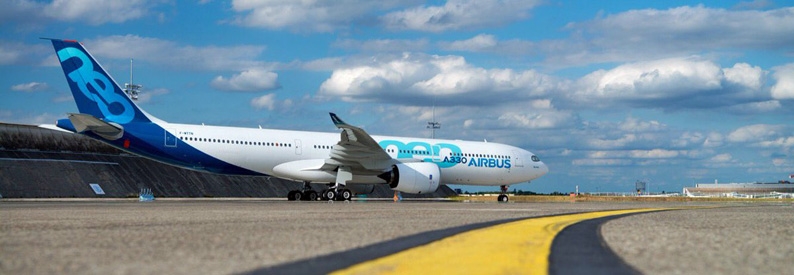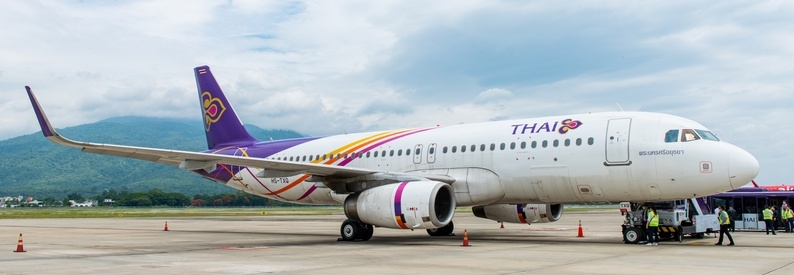Thai Airways International (TG, Bangkok Suvarnabhumi) has adopted a new turnaround strategy aiming not only to increase revenue and costcuts but also to boost the environmental sustainability of the business and expand partnerships with non-aviation firms.
In a half-yearly financial report, the Thai flag carrier said that the "2019 TG's Fighting Strategy" includes a project dubbed SaveTG Co-Creation, wherein the carrier's management will seek input from customers, staff, and analysts to find ways of reducing costs without adversely impacting the level of service.
The airline will also seek to boost revenue by launching previously announced flights to Sendai in the fourth quarter of 2020. Thai is also planning to expand its digital marketing services with a new mobile app, eyeing to increase the sales of ancillary services. The carrier has already selected an e-commerce partner and plans to launch the partnership in October this year. The THAI Synergy project foresees more cooperation with non-aviation businesses, such as cafe chains. The carrier is also planning to further improve connectivity with its regional subsidiary Thai Smile (Bangkok Suvarnabhumi) under the so-called Brother & Sister Model.
Finally, Thai Airways is also planning to launch a Zero Waste Management campaign, starting with an initiative to tackle food waste.
The carrier needs to implement a turnaround strategy after having lost THB6.4 billion baht (USD207 million) in the first half of 2019, almost four times the loss from the same period in 2018. Thai blamed the increased loss on the global slowdown in demand amid the US-Chinese trade war, the lower inflow of tourists from China, the appreciation of the baht, and other international crises such as the lengthy closure of Pakistani airspace.
Speaking to journalists, President Sumeth Damrongchaitham also criticised the government's open skies policy. The Bangkok Post quoted him as saying that the liberal approach towards granting air traffic rights to foreign carriers, particularly LCCs, was damaging to Thai, which cannot compete on key medium-haul Asian routes, such as to Japan and South Korea.
Sumeth also pointed out that the open skies approach is not reciprocated by all countries, thus putting Thai airlines at a disadvantage vis-a-vis their foreign rivals.
Thai is still awaiting the consent from the newly appointed Minister of Transport to add 38 aircraft. While the plan has been approved in principle, the carrier cannot proceed to place orders or sign leases without final approval from the cabinet.
